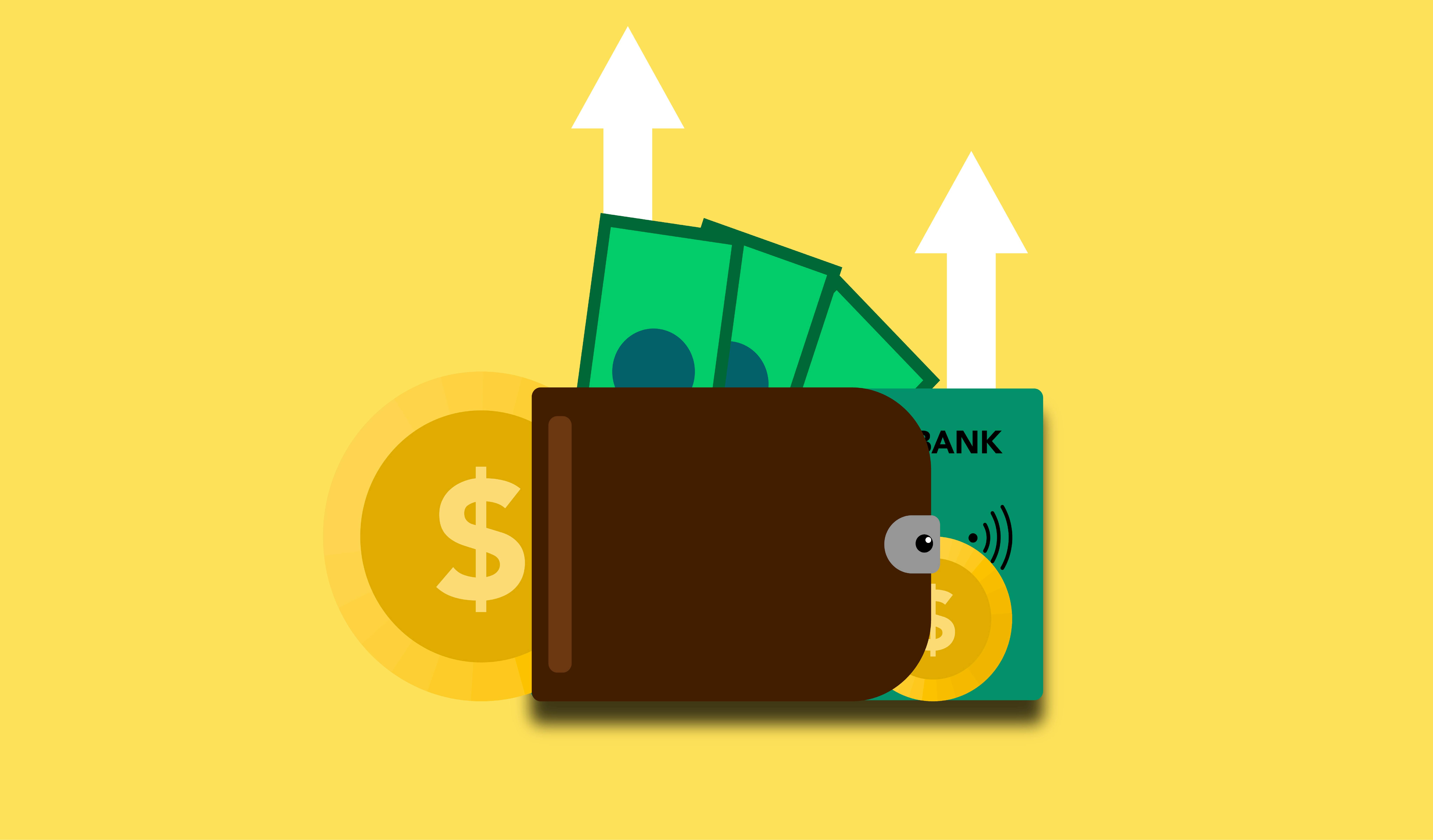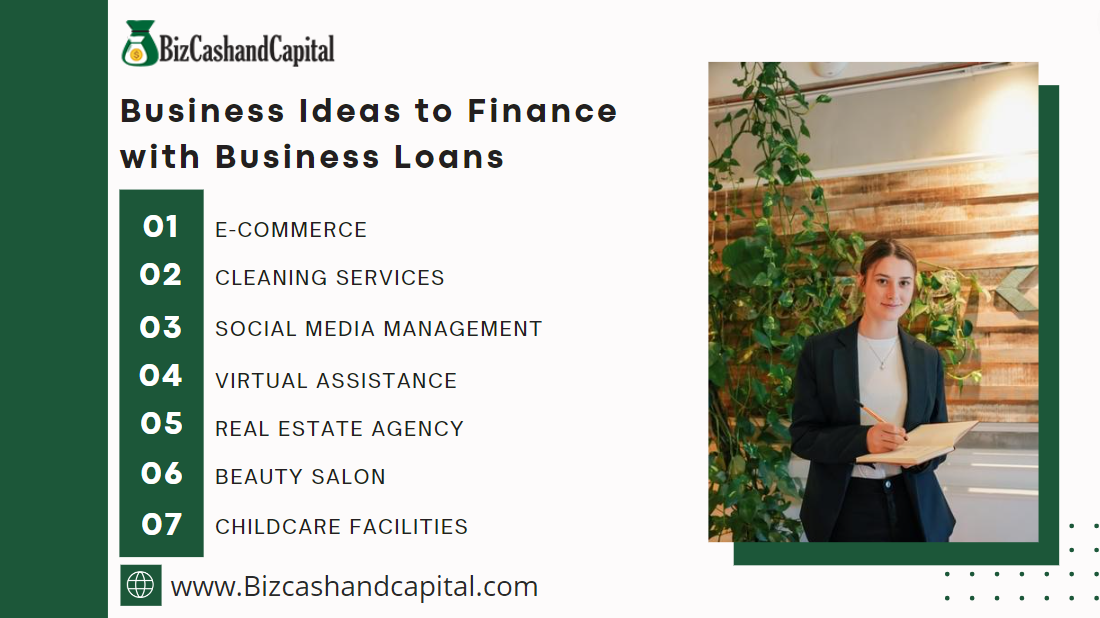
Fixed Or Variable Rate Loans which Is Best For Your Business?

A working capital company loan is a solid foundation for companies trying to improve their daily operations. This financial lifeline is a vital tool for businesses of all sizes since it helps them manage cash flow, pay for necessary bills, and keep things stable.
New businesses frequently find themselves in unfamiliar area with little to no income. Specialized financial products, on the other hand, such startup business loans intended for cash-starved situations, offer the required capital infusion to turn ideas into profitable ventures. We'll go over the specifics of these loans and how they might help start-up businesses flourish.
Strategic Considerations: Small Business Loans with No Revenue
When considering small business loans with no revenue, entrepreneurs must weigh the pros and cons of fixed and variable rates. The decision hinges on factors such as risk tolerance, business objectives, and the anticipated trajectory of revenue growth. Crafting a strategy that aligns with your business's unique circumstances is paramount.Short term business in fixed and variable context
A short-term business loan is a type of financing designed to meet immediate funding needs of a business over a relatively brief period. Unlike traditional long-term loans, which are repaid over several years, short-term business loans typically have a repayment term ranging from a few months to around three years. These loans are ideal for businesses facing temporary financial challenges or those seeking quick capital for opportunities such as inventory purchase, equipment upgrades, or managing cash flow gaps. Without getting emergency helps sometimes, business go downfall side on that moment you need to get help, on that moment short term loan helps you to rebuild quickly, and you have both choices in shape of fixed or variable loanHow do fixed rate loans work?
When a loan has a fixed interest rate, it means that the rate will be the same for the duration of the loan. To put it another way, at the outset of the loan, the borrower and the lender agree on a particular interest rate, and this rate is fixed throughout the duration of the loan. No change during the period of time you borrow the loan.First of all,
The choice between a variable and fixed interest rate when considering a loan might have a big impact on your financial future. It's critical to consider the advantages and disadvantages in light of your particular situation as well as the special qualities of each loan. In addition to interest rates, other important considerations that affect loan affordability include term lengths, lender fees, and projected income.Thinking About Term Lengths
One important aspect of your financial commitment is the term length, or how long your loan will last. Extended payback periods could result in larger total interest payments even though they might produce smaller monthly payments. On the other hand, shorter durations could result in larger monthly payments but possibly cheaper interest overall. The best term duration for your loan will be determined by carefully evaluating your financial objectives and budget. Pay like 50 percent or more so your interest rate will be decrease, and your length of payment schedule will be short.Managing Lender Charges:
The overall cost of a loan can be considerably impacted by lender fees. A number of loans, including mortgages and personal loans, may have origination, application, or underwriting fees. It's crucial to comprehend a loan's cost schedule to prevent any shocks when it comes to the whole payback amount. Include these costs in your cost analysis so that you may fully comprehend the outlay of funds for each loan choice.Understanding Expected Income as a Measure of Affordability:
One of the most important factors in evaluating a loan's long-term affordability is your predicted income. Take into account prospective increases in income, job changes, promotions, and the chance for job loss. By ensuring that the loan you select is consistent with your financial capacity over time, this forward-looking analysis helps to reduce the likelihood of future financial difficulty.Making a Well-Informed Choice:
The decision between a variable and fixed rate loan ultimately comes down to your particular financial circumstances and objectives. For those who appreciate consistency and foreseeability, a fixed-rate loan may be the better option. However, a variable-rate loan can be a better option if you can tolerate possible swings and are drawn to the possibility of lower initial rates. choose sure that the choice you choose is in line with your ability to pay for it, taking into account all relevant aspects other than the interest rate.In summary:
The variable versus fixed rate loan conundrum is complex and necessitates a thorough examination of your financial situation. By taking term lengths into account, comprehending lender fees, and estimating your income, you can make an educated choice that will meet both your short-term and long-term financial needs. Always keep in mind that the best decision is the one that fits your particular financial situation and aspirations. Both are the good their side it’s all depend on you, which loan option is good for you. in detail we differentiate the both loan option.Discuss your loan needs with our experts
+1 (567) 654-3864
Call to Our Experts
 (1).jpg )

